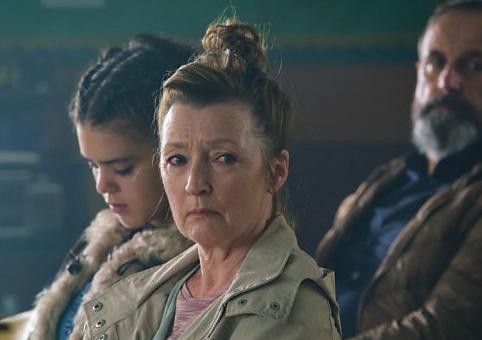
3 minute read
GETTING TO WORK
words: George White
Boasting everything from Golden Globe-winning actors to BAFTA-winning directors, to say The Television Workshop is a gem in Nottingham’s screen scene would be a monumental understatement. We catch up with Executive Artistic Director Alison Rashley and multitalented graduate Michael Socha to find out exactly why the Workshop works so well…
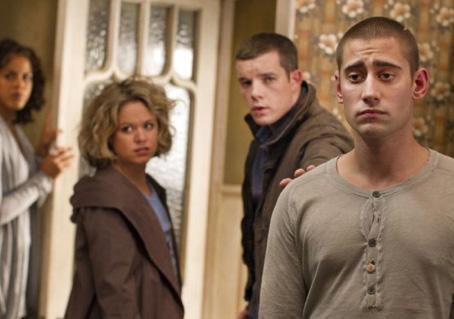
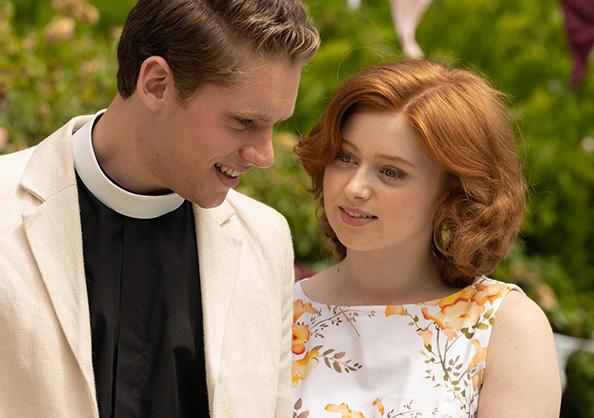
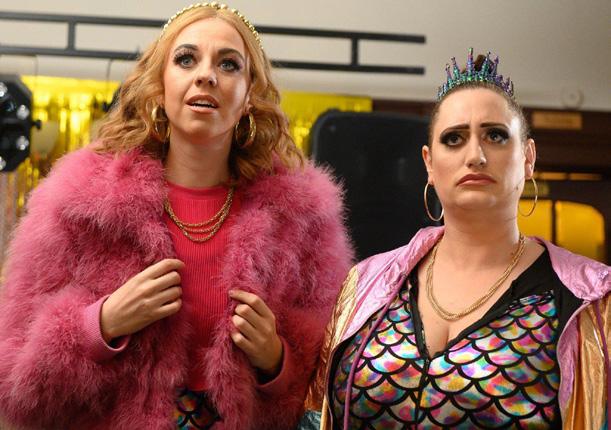
Like the old Overheard in Notts adage that “You can’t throw a cat without hitting one of them yellow scooters”, you can’t tune in to a film or TV series without spotting a graduate of the Television Workshop right now. From Lady Chatterley’s Lover to The Last of Us, blockbuster epics to arthouse indies, Workshoppers are flying the flag for the Nottingham institution, and Nottingham more generally, wherever you look - raking in big awards, booking exciting projects, and regularly grabbing global headlines along the way.
Yet how does it feel to be the leader of an organisation that consistently churns out greats both old and new; that has BIFA winners, Oscar nominees and actual Ellie Williams among its alumni? Well, as you’d expect, it’s “a big responsibility”, Executive Artistic Director Alison Rashley explains. “Protecting the Workshop’s phenomenal reputation is so important. But we’re in a good place at the moment. We’ve just moved premises, which was a really big deal. Kids are casting all the time. It’s incredibly busy right now!”
If the weight of this responsibility is weighing heavily on Rashley’s shoulders, though, she does well to hide it. Across our hour-long chat at Blend Contemporary, the new boss - who took up the role early last year - chats passionately about the success of the Workshop’s graduates. She heaps praise on everyone from Vicky McClure (a “pure soul”) to Joe Dempsie (“one of the finest listeners” in the screen industry). She dives deep into the proud history of the institution. At every turn, the strength of her decades-long devotion to the Workshop shines through.
But why exactly is this relatively small organisation so incredibly successful? For Rashley, the answer’s a simple one. “We try to get Workshoppers acting with their heart and their soul, not with their head,” she asserts. “They should be able to dive into their characters’ stories and really live them. The ability to do that without overthinking it, and being able to share your emotion right up on the surface, is a rare thing.”
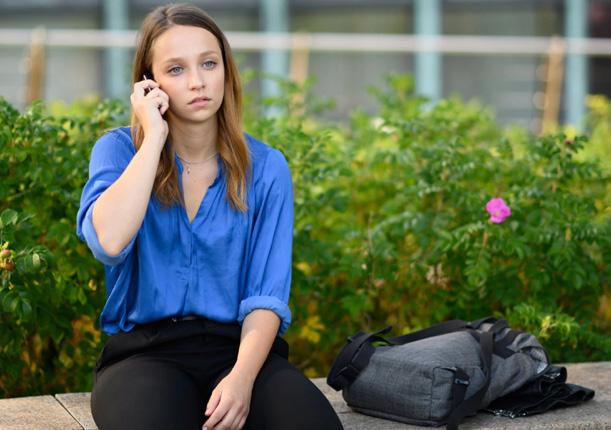
The importance of this commitment to honest, raw performances is the most important factor for graduate Michael Socha too, who has used the skills he learned in Nottingham to thrive in the likes of Being Human and This Is England ‘90. “It's all about truth there, as cliche as it sounds,” the Derby-born actor explains. “Some actors almost work off a book. They think, ‘Oh, in this instance you’d feel sad, so I’ll do this face. And this time I’m happy, so I’ll behave this way.’ But at the Workshop you’re taught to become the character. You’ve got to properly feel it, believe you are that person. That helps to convince the audience.”
Yet developing talent alone isn’t enough - the Workshop is also committed to making sure everyone who studies there knows how to behave when the cameras aren’t rolling. “We’re big believers in preparing kids for any size of project,” Rashley adds. “The only reason people will keep coming back to us is if our students are beautifully behaved on set, and know how to conduct themselves, and always know their lines and know their times. That might sound basic, but when you’re doing thirteen-hour days relentlessly, being on time can be quite tough because it’s exhausting. We owe it to our students to prepare them for it all.”
As important as the institution itself is, though, for Rashley there’s another factor in play - the grit and character of the East Midlands. A “proud Nottingham girl” herself, Rashley believes that the “absence of ego” that comes with growing up in this area can ground actors in reality, elevating both their sense of drive and their performances on screen. “I love this city, I love that I’m from here. It’s fascinating that people don’t quite know where we belong - we’re not from the north, we’re definitely not from the south. So I think we have to find our own sense of self around here, and we have a very proud sense of self in this city,” she muses. “We don’t expect things to happen for us - we make them happen. So many people just go out and make quality stuff themselves.”









